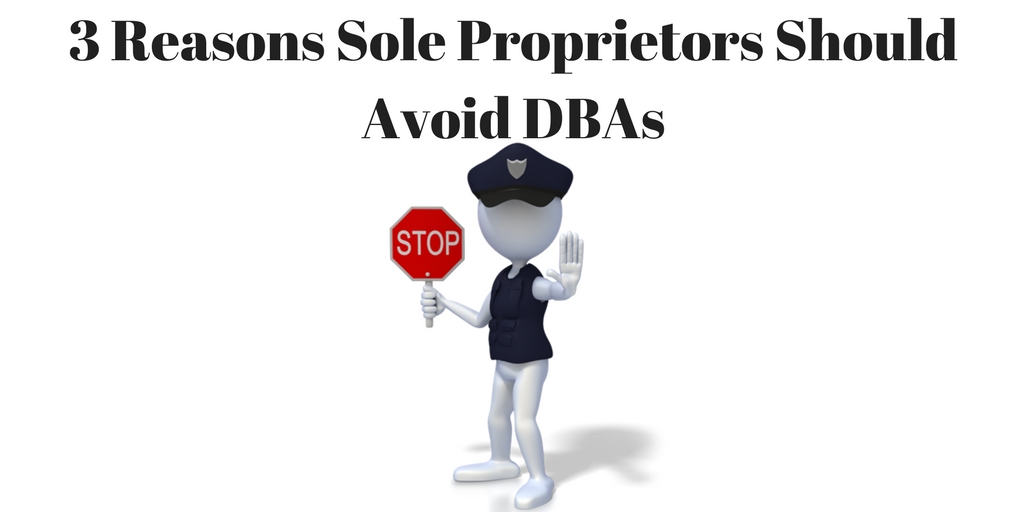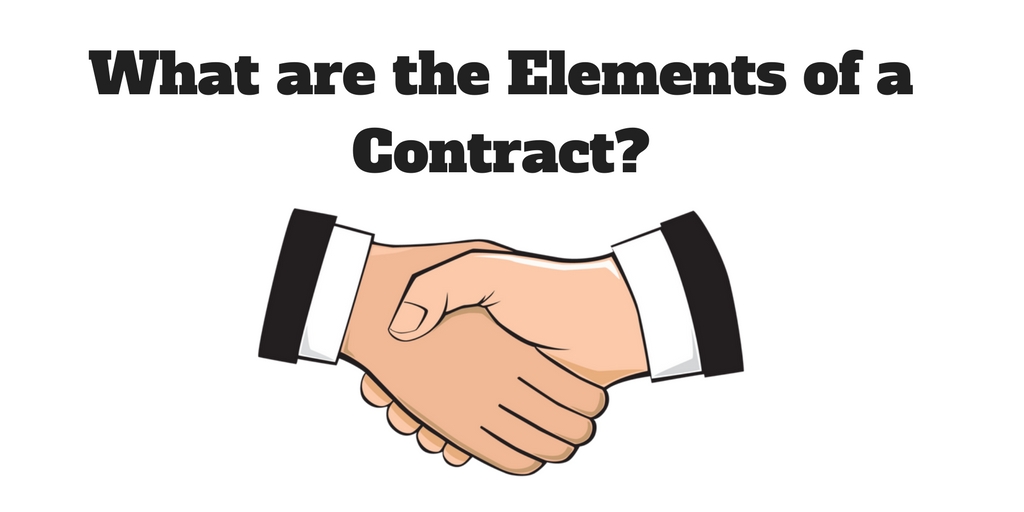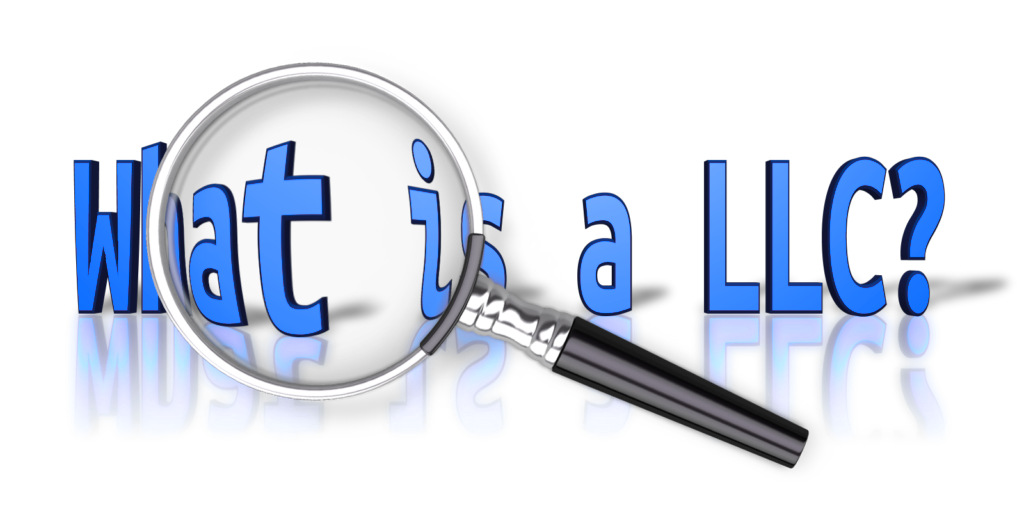New York State Business Law Section 130 prohibits anyone from doing business under a name other than his or her own unless an Assumed Name Certificate (more commonly referred to as a DBA) is filed. For example, if John Smith would like to sell seeds under the name “Johnny’s Apple Seeds”, he would have to file a DBA certificate before he could start selling. Sole proprietors, LLCs, and corporations can all use a DBA to conduct business. However, for the purposes of this post, we will focus more on sole proprietors.

What information is contained within a DBA?
In New York, a DBA certificate must contain 1. the name of the business, 2. the address of the business, 3. the name and signature (notarized) of the individual (or partners), and 4. the individual’s (or partners’) personal address. Click left to see a sample certificate.
What is the cost and where to file a DBA?
For a sole proprietor filing in a single county, the fee is between $25-35 depending on the county. The fee for filing in Erie County is $35. For corporations filing a DBA certificate with the Secretary of State, the filing fee is $25 plus an additional $25 for each county that the corporation will operate in outside of New York City. If the corporation wishes to operate in a county within New York City, the filing fee is $25 plus an additional $100 for each New York City county(Bronx, Kings, New York, Queens, and Richmond Counties). There are no county fees for LLCs.
A certificate may be filed either with the Secretary of State or with the Clerk’s Office for the county in which the business will be operating. Now that we know what is needed to file a DBA certificate, we will discuss 3 Reasons Sole Proprietors Should Avoid DBAs.
3 Reasons Sole Proprietors Should Avoid DBAs:
#1 – Personal Liability
Sole proprietors often fail to realize that a DBA certificate does not confer protection from personal liability. Despite doing business under a different name, the proprietor remains personally liable for the debts and conduct of the business. If the proprietor’s business is sued for any reason, whether it be for breach of contract or a personal injury, their house, car, bank account, and other personal property are at risk. This means that the proprietor’s personal assets could be used to satisfy a judgment or claim. Personal liability is by far the greatest danger to sole proprietors using a DBA.
#2 – No Rights to Business Name
Filing a DBA certificate does not provide a sole proprietor with exclusive rights to the business name. Even if they have been operating for several years under the DBA name, another business can register their LLC or corporation using that same name, and will be able to conduct business statewide.
#3 – Geographic Restrictions
As discussed earlier, sole proprietors utilizing a DBA filed with the county are geographically restricted from doing business outside that county. Having to refile in county after county can be time consuming and expensive. That is why many do not bother to refile. What should be obvious by now is that if a sole proprietor wishes to conduct business under a different name, they are much better off registering as an LLC or corporation. This will provide personal asset protection, confer business name rights, and are free to operate statewide.
To learn more, or to discuss filing for your own LLC or corporation, please contact us for a free consultation.
Disclaimer: This blog is made available by Kloss, Stenger & LoTempio for educational purposes only. It is not intended to provide legal advice nor form any attorney client relationship between the reader and Kloss, Stenger & LoTempio. You should always seek professional advice from a licensed attorney for any legal questions you may have.










